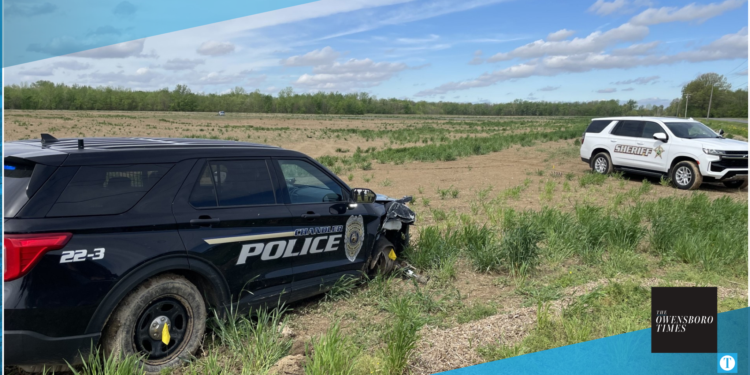Owensboro officials strongly oppose a bill introduced in the Kentucky General Assembly that would centralize the collection of local occupational license fees and taxes, calling it detrimental to the City’s financial health and local governance.
House Bill 253, filed by State Rep. Jared Bauman (R) of Louisville, proposes the creation of a unified online portal managed by the State Treasurer’s office to streamline the payment of local payroll and net profit taxes across all jurisdictions.
“HB 253 simplifies the tax payment process by creating a single online portal, reducing administrative burdens for businesses of all sizes,” Bauman said in a release. “By streamlining compliance, the measure not only supports small businesses but also fosters economic development, making it easier for entrepreneurs to focus on growth rather than red tape.”
However, Owensboro officials contend that centralizing the collection of these taxes would severely impact the City’s ability to manage one of its largest revenue sources. The City Commission passed a municipal order on Tuesday, formally opposing any state-mandated centralized collection of local occupational fees or taxes.
“The occupational license fee, or occupational taxes, is the City’s largest revenue source. It is approximately one-third of our general fund, so it is obviously very vital to the financial functioning of the City,” said City Manager Nate Pagan. “We know our local taxpayers. Our staff do a very good job collecting that tax. We’re able to work with them on an individual level and help them as needed.”
Pagan expressed concerns that the state would not handle collections as effectively as local staff, potentially leading to delays, errors, and reduced revenue.
“Any time the state mandates these things, it typically doesn’t go particularly well. Frankly, we’re far more efficient and effective at collecting revenues than they are,” Pagan said. “The idea that the state could administer this program with two people to collect taxes statewide for all these jurisdictions is ridiculous.”
Angela Waninger, the City’s Director of Finance and Support Services, echoed Pagan’s concerns, citing past issues with state-managed tax collections.
“The telecommunications tax, the personal property tax, and TIF activity are all areas where the state collects revenue on behalf of the City. The telecommunications tax has never rolled out the way they said it would, and when they collect payments for the omitted tangible tax, they send us no information,” Waninger said. “They may collect payments, but they send us no details. We don’t know which tax bills to apply those payments to.”
Waninger also raised concerns about how centralized collection could impact taxpayers who rely on in-person services and the City’s ability to audit for compliance.
“There are many taxpayers who don’t do forms online. They come to City Hall, and we literally sit down with them in the lobby and prepare their net profit with them,” Waninger said. “Our tax department has already billed almost a million dollars in unpaid taxes just this fiscal year through audits. I worry that we could lose that ability.”
Mayor Tom Watson emphasized the importance of contacting local state legislators to voice opposition to the bill.
State Rep. DJ Johnson said he needed more time to review the bill, while State Rep. Suzanne Miles expressed reservations about shifting control of local tax collections to the state.
“Sometimes, things that are filed appear to make sense, but they may not be feasible to enact,” Miles said. “The outcomes may not be what the intentions of the bill would be, and I would want to look through that more to see what could be the possible benefit of this change.”
State Sen. Gary Boswell also voiced initial opposition, noting that he hadn’t received feedback from constituents supporting the measure.
“I haven’t had any business people come to me and say, ‘We need to centralize this tax reporting,’” Boswell said. “Based on what information I have right now, I would have to support my district. I don’t see any advantage to this.”
Daviess County Judge-Executive Charlie Castlen said he is still researching the bill and declined to comment at this time.
HB 253 remains under review as lawmakers continue the 2025 Regular Session.



